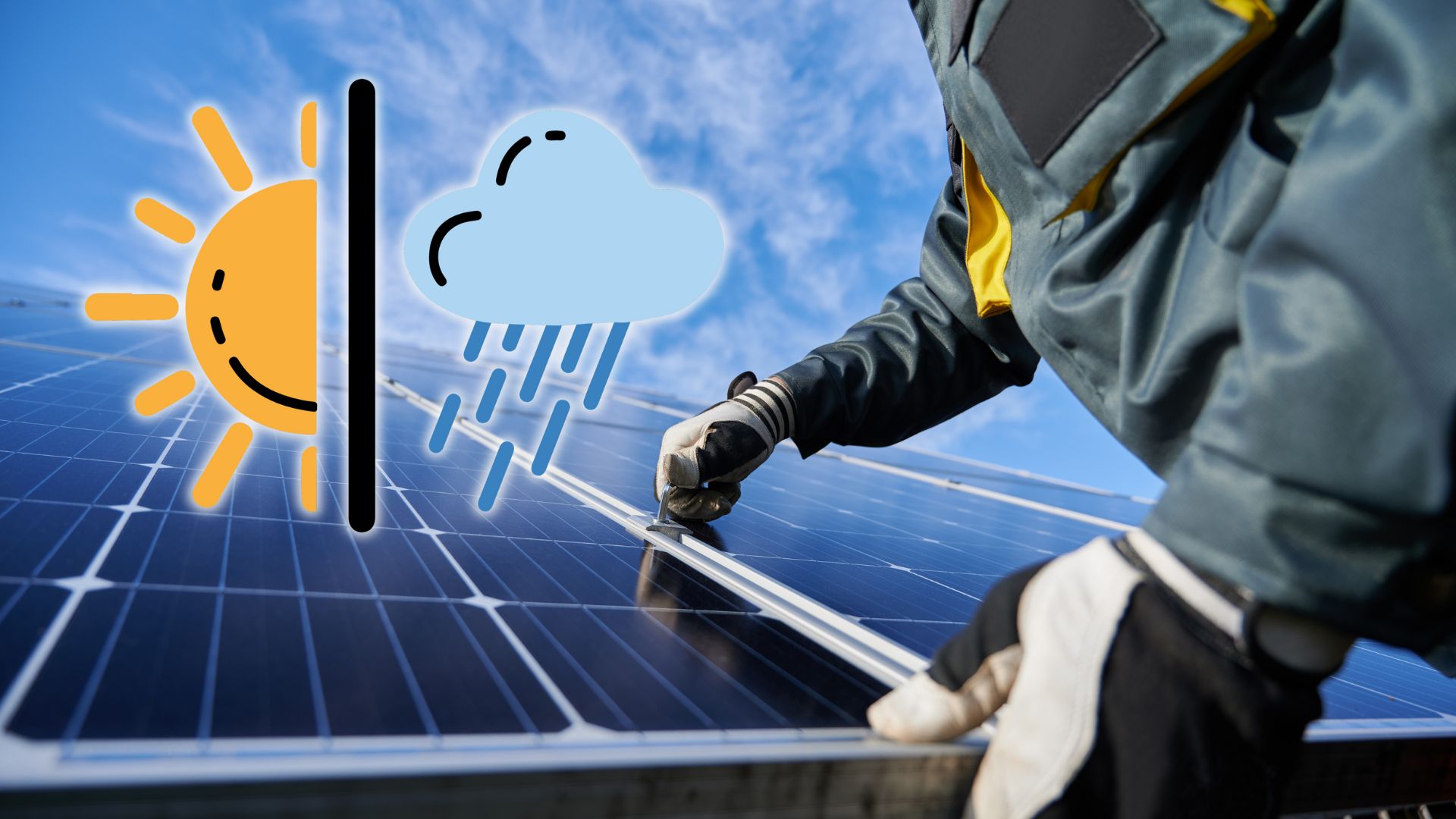
From Discounts to Durability: A Guide to Choosing RV Solar Panels
November 9, 2024 0 By Tami HoodChoosing solar panels for your RV is an investment in freedom and sustainability, whether you’re camping in remote areas or simply looking to save on electricity costs. With numerous options on the market, finding the right RV solar panels can feel overwhelming. From understanding price points to considering longevity, let’s explore the key factors you should consider to make the best choice for your RV lifestyle.
What to Look for When Buying RV Solar Panels
When starting your search for the ideal solar panels, you may want to focus on what matters most to your specific needs. Here are some essential aspects to weigh in on:
Panel Efficiency: How Much Power Do You Need?
The efficiency of a solar panel measures its ability to convert sunlight into usable electricity. Higher-efficiency panels generally cost more but will provide more power in limited space. If your RV has significant power needs, like a full kitchen setup or entertainment system, you may benefit from investing in high-efficiency panels. For those with modest power needs, lower-efficiency panels might be the right balance of power and price.
Size and Compatibility: Will It Fit?
RVs vary greatly in size, so the available roof space may limit the type or number of panels you can install. Measure your roof and check for potential obstructions, like air conditioning units or vents, before choosing your panels. Also, consider whether the panels you’re eyeing are compatible with your RV’s electrical system. Some solar panels for rv kits are designed for quick installation, making it easier to add solar power without extensive setup.
Durability: Making Sure Your Panels Last
Durability is one of the most critical aspects when it comes to choosing RV solar panels. RVs are constantly on the move, facing rough terrains, rain, sun, and even snow. Your solar panels need to withstand these conditions without a hitch.
Weather Resistance
RV solar panels should be able to handle exposure to the elements. Look for panels with a high Ingress Protection (IP) rating—usually IP67 or IP68—to ensure they’re resistant to water, dust, and debris. Tempered glass is also a solid choice for panel coverings, as it adds an extra layer of durability without adding much weight.
Frame Material
The frame material is often overlooked, but it plays a significant role in the panel’s overall durability. Aluminum frames are lightweight and resistant to corrosion, making them perfect for an RV setup. Avoid cheaper, plastic frames as they may degrade faster in harsh weather conditions.
Shopping for Deals: Finding Affordable, Quality Solar Panels
The price of solar panels for RVs can vary significantly. Here’s how to approach the buying process to get the best bang for your buck without compromising quality.
Look for Discounts and Bundles
Shopping around for discounts or bundled solar panel kits can save you hundreds of dollars. Many retailers offer packages that include all necessary components, like mounting brackets, inverters, and charge controllers, which simplifies the setup and cuts down costs. Online platforms often run seasonal sales, so keep an eye out for deals during off-peak camping seasons.
Compare Warranties and Guarantees
When investing in solar panels, it’s wise to consider the manufacturer’s warranty. A strong warranty can provide peace of mind, especially if you’re going for a higher-end system. Warranties typically range from 5 to 25 years, so take note of the details. Longer warranties often indicate a durable, high-quality product that will last for many adventures to come.
Types of RV Solar Panels: Which One Is Right for You?
There are three primary types of solar panels commonly used in RVs: monocrystalline, polycrystalline, and thin-film. Each has its pros and cons depending on your budget, available space, and energy needs.
Monocrystalline Panels
Monocrystalline solar panels are known for their high efficiency and longevity, making them a popular choice among RV owners. These panels are more expensive but perform better in low-light conditions, which can be a huge advantage when camping in shaded areas. If you’re planning on extensive travel or using your RV as a primary residence, monocrystalline panels offer the best value over time.
Polycrystalline Panels
Polycrystalline panels are generally more affordable than monocrystalline panels, but they’re also less efficient. They work best in direct sunlight, so if your RV is often parked in open, sunny areas, they’re a cost-effective choice. They may not produce as much power in low-light conditions, so consider your travel style and typical destinations before deciding.
Installation Tips: Getting Your Solar Panels Set Up Right
Installing solar panels on an RV is slightly different from setting them up on a home. Here’s a quick overview of what you need to know to get your solar panels functioning smoothly.
Positioning for Maximum Sun Exposure
Your solar panels need to capture as much sunlight as possible, so think carefully about positioning. The most common option is mounting them flat on the roof, but if you often camp in areas with limited sun, tilt mounts can help you angle the panels for better exposure. Just remember that you’ll need to adjust them manually as you move.
Wiring and Connections
Make sure your solar panel system is properly wired and connected to your RV’s battery bank. If you’re new to electrical work, it might be best to consult a professional to ensure everything is set up safely. Improper wiring can lead to inefficient power transfer or, worse, electrical damage to your RV.
Conclusion
From comparing prices to understanding durability, there’s a lot to think about when choosing the right solar panels for RV setups. With the right choice, you can look forward to reliable, eco-friendly power, whether you’re parked at a campsite or enjoying the solitude of the open road. By keeping an eye on deals and focusing on durability, you’re setting your RV up for years of adventure and energy savings.



 With over 15 years of reporting hydrogen news, we are your premier source for the latest updates and insights in hydrogen and renewable energy.
With over 15 years of reporting hydrogen news, we are your premier source for the latest updates and insights in hydrogen and renewable energy.